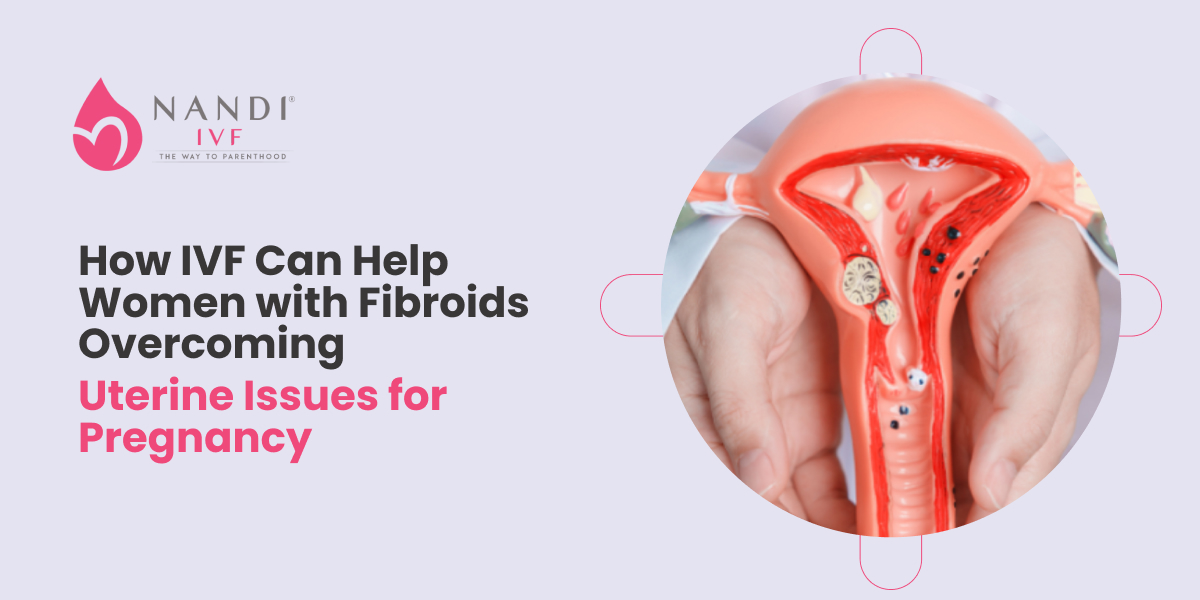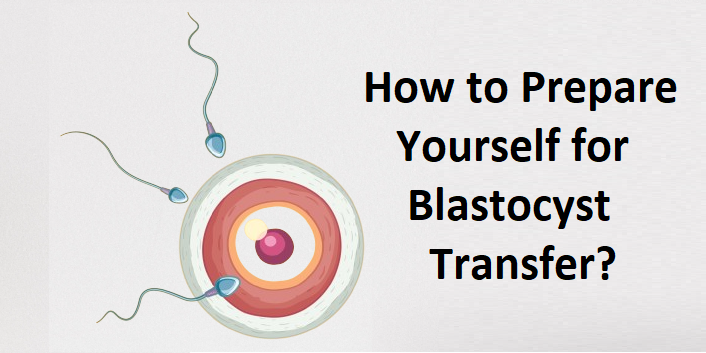Dealing with recurrent miscarriage is a deeply emotional and challenging experience for many individuals and couples. Understanding what to expect during this difficult journey can provide some clarity and support. In this blog post, we’ll explore the emotional, physical, and practical aspects of facing recurrent miscarriages, as well as guidance on seeking medical advice and support systems.
Understanding Recurrent Miscarriage
Recurrent miscarriage, often defined as experiencing three or more consecutive pregnancy losses, can be emotionally devastating. This repeated cycle of hope and loss leaves many feeling broken and questioning their bodies. However, it is important to recognize that you are not alone in this struggle. Many women and couples endure similar challenges, and understanding the condition can be the first step towards healing.
The reasons behind recurrent miscarriage are complex and multifaceted, ranging from genetic factors to hormonal imbalances. It is essential to gather as much information as possible about your specific situation. Engaging in conversations with healthcare providers, asking questions, and seeking second opinions can help you feel empowered during a time that often feels disempowering.
Additionally, being part of support groups or online forums can provide invaluable insights. Listening to other people’s stories can help you feel connected and understood. Approaching recurrent miscarriage as a shared experience rather than an isolated struggle fosters a sense of community.
The Emotional Toll of Repeated Loss
The emotional consequences of recurrent miscarriage can be profound and long-lasting. Each loss can bring about a wave of grief that may feel insurmountable. For many, it can create feelings of isolation, anxiety, and depression. Understanding that these emotions are valid and shared by many can be a source of comfort.
It’s normal to experience a range of feelings, from anger to guilt. In its wake, the fear of trying to conceive again can loom large. You may find yourself contemplating the ‘what-ifs’ and feeling resentful towards others who seem to conceive effortlessly. Such feelings are part of the grieving process, and acknowledging them is crucial for emotional healing.
Engaging in healthy coping mechanisms is vital. Journaling, talking to friends, or seeking professional therapy can be instrumental in processing emotions. These practices offer you the chance to reflect, express, and manage your feelings constructively.
Common Causes and Medical Explanations
Understanding the common causes of recurrent miscarriage can sometimes bring comfort, as knowledge often alleviates fear of the unknown. Various factors can contribute to these losses, including chromosomal abnormalities, anatomical issues, and hormonal imbalances. Chromosomal abnormalities, for example, are responsible for up to 60% of early pregnancy losses and often occur spontaneously.
Another significant factor includes uterine abnormalities, such as fibroids or septate uterus. Understanding these medical explanations can help you work with your healthcare provider to identify appropriate treatments or interventions. For instance, if structural issues are at play, surgical solutions may increase the chance of a successful pregnancy.
Hormonal issues, including luteal phase defects or thyroid dysfunction, can also impair pregnancy viability. Regular check-ups and comprehensive evaluations are crucial to diagnose and address such underlying conditions. Early and thorough testing can pave the way for targeted solutions.
Seeking Medical Guidance and Support
Once you have experienced recurrent miscarriage, proactively seeking medical guidance is critical. A good first step is consulting with your obstetrician or a reproductive endocrinologist who specializes in infertility and miscarriage. They can conduct a series of tests to evaluate your reproductive health.
It’s essential to engage in open and honest dialogues with your healthcare provider. Don’t hesitate to ask about tests that should be performed or possible treatments. Being informed about your options will empower you to make decisions that are in your best interest.
Additionally, consider seeking emotional support through counseling or support groups. Professional therapists experienced in dealing with loss and grief can provide valuable coping strategies and help you work through your feelings.
Coping Mechanisms During Difficult Times
During the tumultuous journey of recurrent miscarriage, establishing coping mechanisms is essential for emotional well-being. First and foremost, give yourself permission to grieve. This process is unique for everyone and can encompass a myriad of emotions, often in no particular order. Allow yourself to feel these emotions without judgment.
Building a self-care routine can also be beneficial. Simple practices like regular exercise, meditation, and engaging in hobbies can foster resilience and distract you during tough moments. They can serve as a much-needed outlet to release pent-up emotions and provide a break from grief.
Finding joy in small things amid sorrow is crucial. Focus on small accomplishments each day, whether it’s a delicious meal or a walk in nature. Mindfulness practices can help you reconnect with the present and appreciate life’s little moments, allowing hope to slowly return.
Building a Support Network
Having a robust support network can make a significant difference when navigating the challenges of recurrent miscarriage. Surround yourself with understanding friends and family members who can provide emotional backing. Sharing your thoughts and feelings with those who care can alleviate feelings of loneliness.
Consider joining support groups where you can connect with others who have experienced similar losses. Hearing their experiences can help you feel validated and understood. These groups often provide a safe space for discussing feelings, sharing resources, and exchanging coping strategies.
In addition to emotional support, don’t overlook the importance of practical help. Whether it’s cooking meals or helping with daily tasks, relying on others during this time can relieve some of the burdens that come with grief.
Exploring Future Pregnancy Options
After recurrent miscarriage, contemplating future pregnancies can be both daunting and hopeful. It’s essential to have a thorough discussion with your healthcare provider to understand your options moving forward. This dialogue can help devise a tailored treatment plan that may include lifestyle adjustments, medical interventions, or assisted reproductive technologies.
Additionally, consider setting realistic expectations for the future. While it’s normal to feel hopeful for a successful pregnancy, being prepared for various outcomes can help manage anxiety. You may also want to discuss with your partner about your hopes and fears regarding future pregnancies to ensure you remain united during this journey.
Taking time to heal emotionally and physically before attempting another pregnancy can also be beneficial. Don’t rush the process; honoring your emotions and allowing time for recovery is an essential part of the journey. Ultimately, building resilience and nurturing hope can pave the way for a brighter future.
Finding Hope and Support
Facing recurrent miscarriage can feel overwhelming, but it’s important to remember that you are not alone. With the right medical support, emotional care, and understanding, you can navigate this challenging journey. Take one step at a time, and don’t hesitate to seek help when you need it.

















